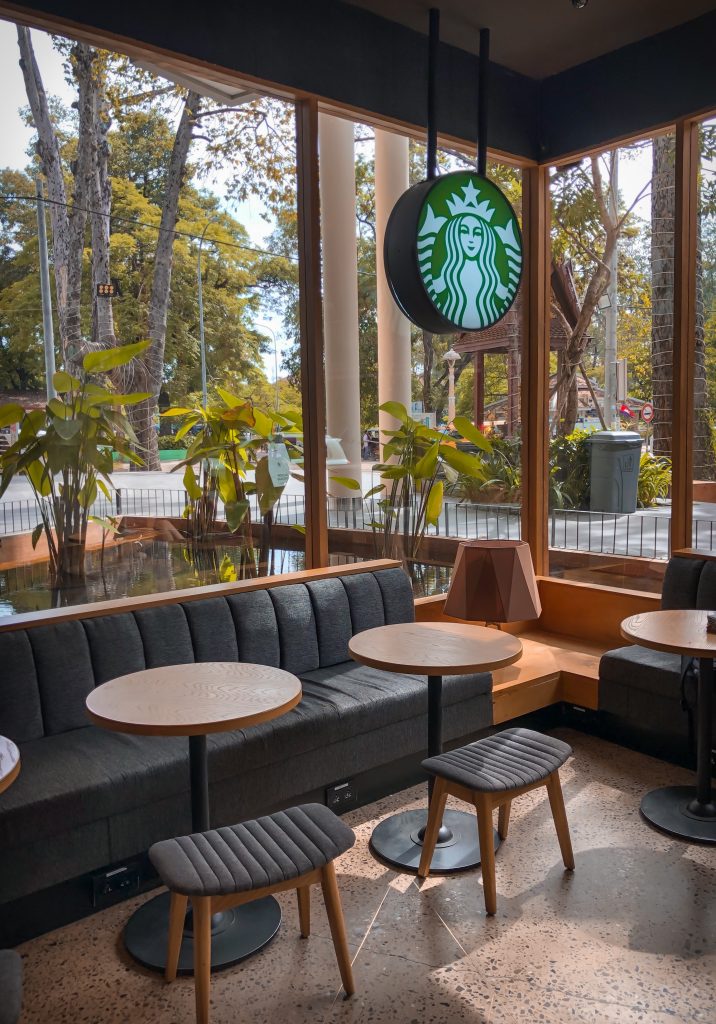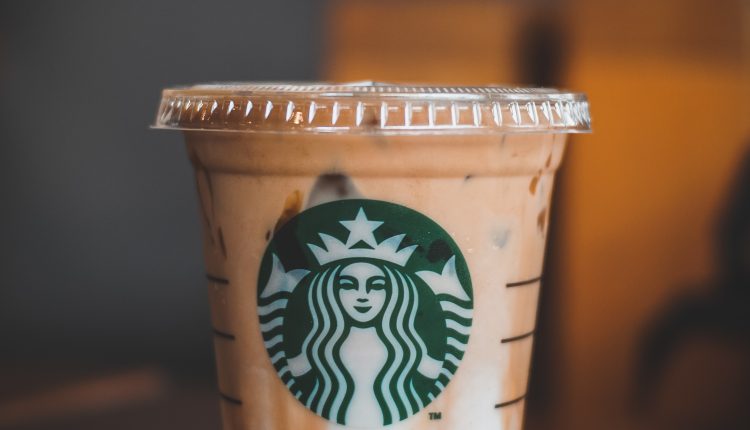Starbucks, one of the world’s most prominent coffee retailers, is currently embroiled in a legal battle as a consumer advocacy group has filed a lawsuit alleging that the company’s claims of ethical sourcing are misleading and false. The National Consumers League, the organization behind the lawsuit, points to media reports of labor abuses on coffee and tea farms that supply Starbucks, which they argue cast doubt on the coffee giant’s packaging claims of being “committed to 100% ethical coffee sourcing.”
The lawsuit, filed in Superior Court in the District of Columbia, has ignited a contentious debate over Starbucks’ responsibility in ensuring the ethical treatment of workers and adherence to fair labor practices within its global supply chain.
Allegations and Concerns

The National Consumers League has brought forth compelling evidence, including recent media reports, to support its claims against Starbucks. One such incident highlighted in the lawsuit involved a 2022 case in Brazil. In this case, police rescued 17 workers, including three teenagers, from a coffee farm where they were subjected to outdoor labor without protective equipment and forced to lift 130-pound sacks of coffee. This shocking case was covered by Repórter Brasil, a group of investigative journalists dedicated to workers’ rights and environmental issues.
Another troubling incident cited in the lawsuit is a 2023 report by the BBC that exposed sexual abuse and harsh working conditions on the James Finlay tea plantation in Kenya. James Finlay was a supplier to Starbucks at the time, although Starbucks has stated that it no longer purchases tea from that plantation.
While Starbucks claims to work with approximately 400,000 farmers in over 30 countries and has developed ethical sourcing guidelines since 2004, the National Consumers League argues that the coffee chain’s certification program does not guarantee ethical sourcing. The group asserts that Starbucks is misleading consumers by failing to disclose this information.
Starbucks’ Response
In response to the lawsuit, Starbucks has made it clear that it is aware of the legal action and intends to “aggressively defend against the asserted claims.” The coffee company emphasized that it takes allegations of this nature very seriously and is actively engaged with its supplier farms to ensure they adhere to Starbucks’ standards.
Starbucks maintains that it has a zero-tolerance policy for child labor and requires farmers to provide a safe, fair, and humane working environment. Furthermore, the company utilizes third-party verifiers to assess conditions at its suppliers.
The Significance of the Case
The lawsuit against Starbucks raises critical questions about the responsibilities of major corporations in guaranteeing fair labor practices and ethical sourcing throughout their supply chains. Starbucks’ commitment to ethical sourcing has been a cornerstone of its brand identity, making this legal challenge particularly significant.
This case underscores the importance of transparency and accountability in the coffee industry, where complex supply chains can often hide labor abuses. It also highlights the role of consumers in holding corporations accountable for their claims and actions, underscoring the power of advocacy groups in advocating for fair and ethical business practices.
The Road Ahead
As the lawsuit progresses, it is likely to receive significant attention from consumers, industry stakeholders, and advocates for ethical sourcing. The outcome of this case could set important precedents for how companies are held accountable for their supply chain practices, with potential implications for the broader corporate world.
In the quest for ethical sourcing and fair labor practices, consumers are increasingly looking beyond a company’s marketing claims and demanding greater transparency and accountability. Regardless of the lawsuit’s outcome, it serves as a reminder that businesses must prioritize ethical practices and work tirelessly to ensure that their supply chains reflect their stated values.
Read More:
- King Tides Bring Unique Phenomena to the Seattle Area: What You Need to Know
- Exploring Alexandria, VA’s Five Riskiest Neighborhoods: Crime Rates, Demographics, and Safety
- Baby Kidnapped During Car Theft in Washington, D.C., Found Safe
While Starbucks faces this legal challenge, the broader conversation about corporate responsibility and ethical sourcing in the global marketplace continues to evolve, driven by consumers’ growing awareness and demand for meaningful change.

